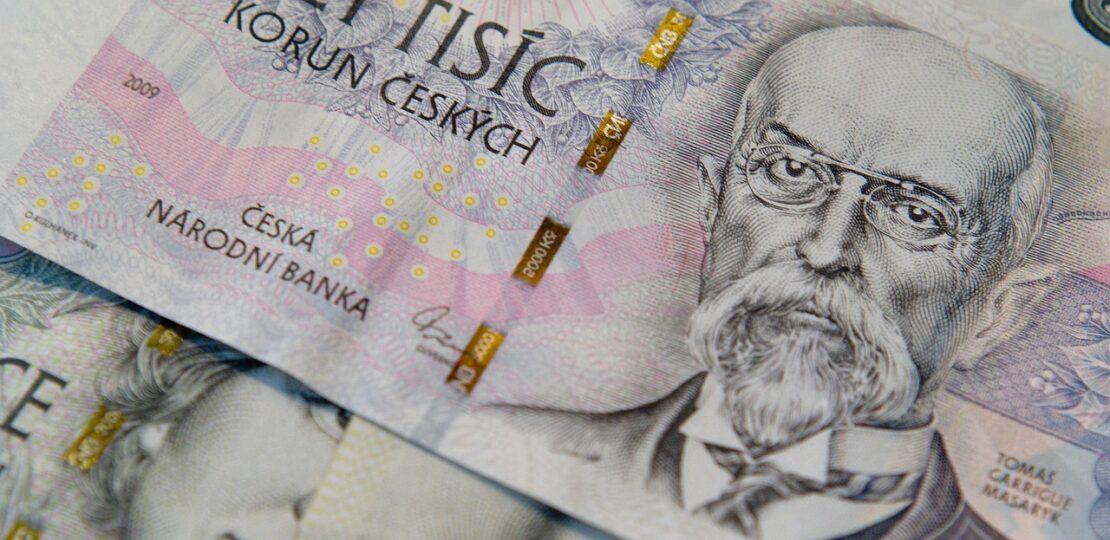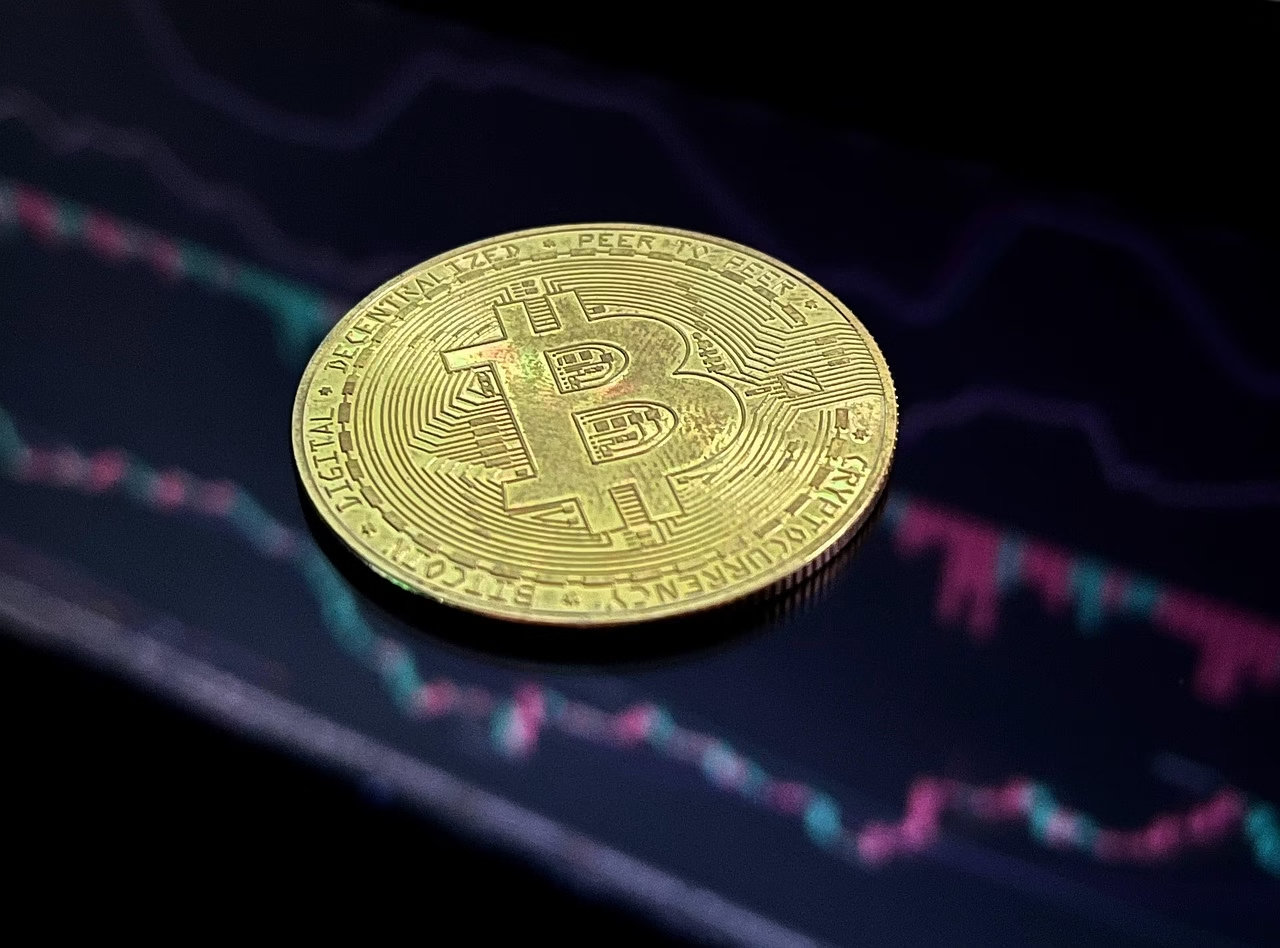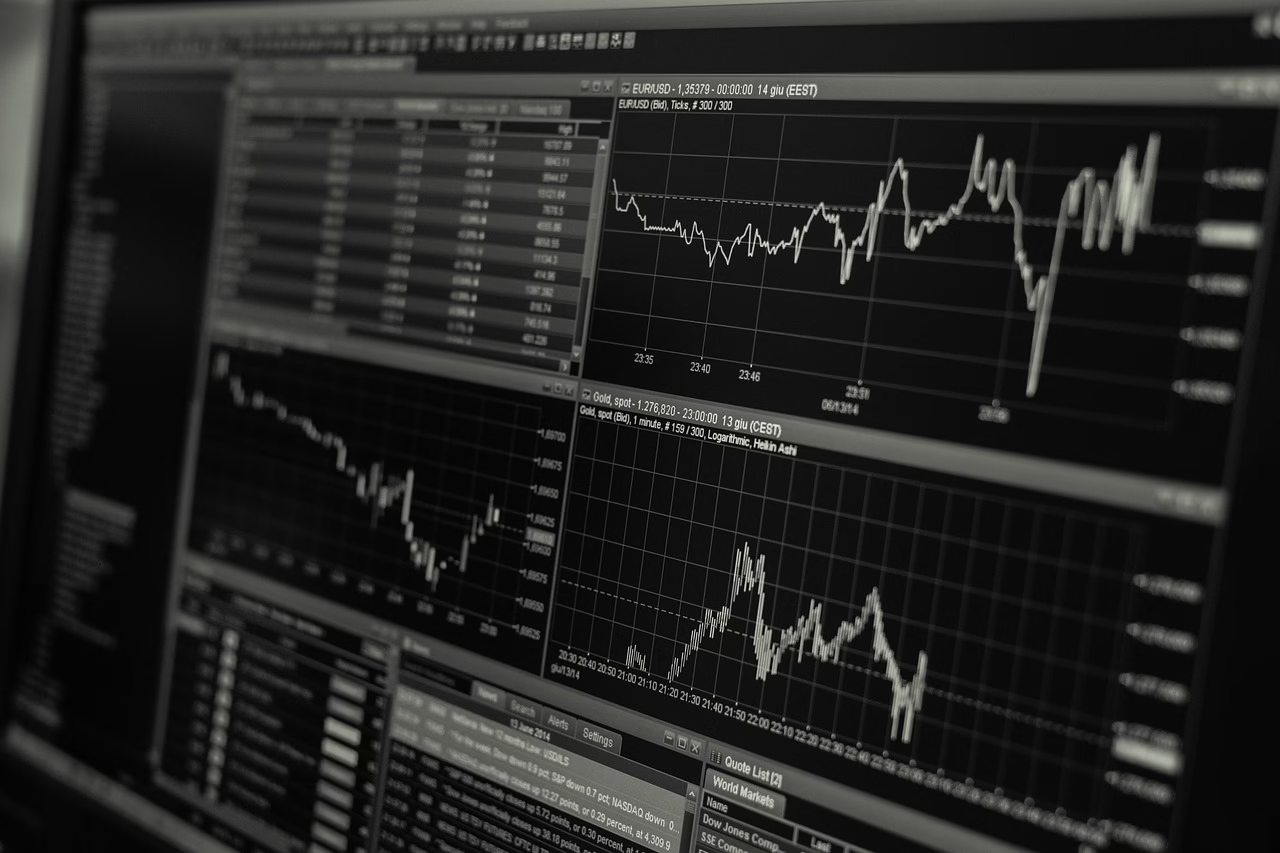“NFTs and the Future of Finance: Decoding the Buzz Around No
May 3, 2025 | by Sophia Vance

NFTs and the Future of Finance: Decoding the Buzz Around Non-Fungible Tokens
Every few years, a new financial instrument captures the public’s imagination, encapsulating the zeitgeist and propelling itself to the forefront of our collective consciousness. This time, that financial instrument is the Non-Fungible Token, or NFT.
Decoding the Buzz
At its core, an NFT is a unique piece of data stored on a blockchain, essentially a child of the same technology that birthed Bitcoin. However, unlike Bitcoin and other cryptocurrencies, NFTs cannot be directly exchanged with one another. This is because, as their name implies, they are non-fungible, i.e., unique and irreplaceable.
By leveraging this technology, NFTs are able to authenticate the ownership of digital assets, a feat previously unattainable due to the ease of duplicating data. This has profound implications for artists, musicians, and creatives of all kinds who, for the first time, can claim indisputable ownership over their digital works, thereby drastically reshaping the economic landscape of the creative industry.
The Investment Perspective
From an investment perspective, the allure of NFTs lies in their scarcity and uniqueness. The same principles that drive the value of physical collectibles like baseball cards or rare stamps apply to NFTs. However, the digital nature of NFTs means they can be easily bought, sold, and traded on a global scale, unlocking a level of liquidity seldom seen in the world of collectibles.
Moreover, NFTs are programmable, meaning they can be designed to give their owners exclusive access to content, events, or experiences. This offers immense potential for businesses to form deeper, more meaningful relationships with their customers, paving the way for innovative new business models.
The Future of Finance
Given their unique attributes, it’s no surprise that NFTs are making waves in the financial world. Major auction houses have embraced the technology, with Christie’s auctioning off an NFT artwork for a staggering $69 million. Celebrities from Elon Musk to Lindsay Lohan have also jumped on the NFT bandwagon, releasing their own branded tokens.
While these headline-grabbing endeavors might be dismissed as passing fads, they underscore a fundamental shift. The ability to commoditize digital assets will have far-reaching implications on how we define and manage value in a world that is increasingly digital.
The potential of NFTs extends beyond the realms of art and collectibles. They can represent ownership of virtually any asset, physical or digital. Imagine a future where the title deed to your house, your university degree or even your medical records are represented as NFTs on the blockchain. The possibilities are limitless.
Proceed with Caution
As with any emerging technology, it’s important to approach NFTs with a healthy dose of skepticism and caution. The market is still in its infancy and is fraught with volatility, regulatory uncertainty, and unproven business models. Potential investors should thoroughly research and understand the risks before diving in.
In conclusion, while NFTs are undeniably exciting and brimming with potential, their impact on the future of finance is still being written. They represent a seismic shift in our understanding and management of value. And as the technology matures and evolves, it will undoubtedly open up new avenues for investment and innovation, undoubtedly shaping the future of finance in ways we can only begin to imagine.

RELATED POSTS
View all



